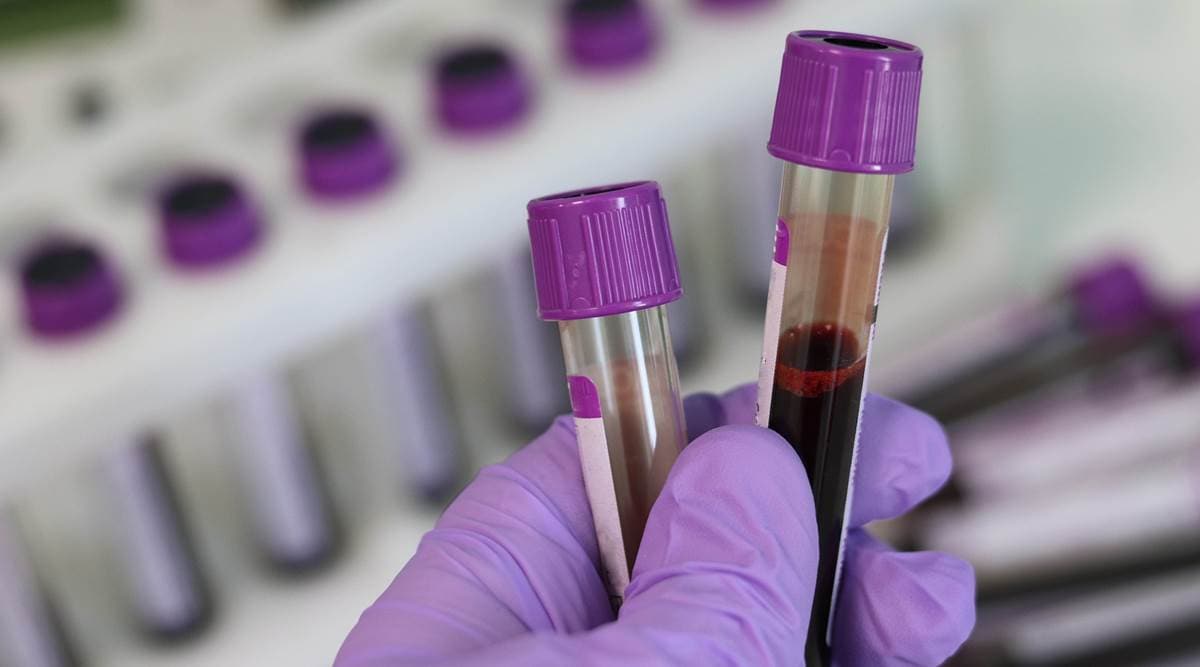'Emerging evidence indicates that COVID-19 leads to blood clots in an estimated 30 per cent of critically-ill patients,' says Dr Zakia Khan, Senior Interventional Cardiologist of Fortis Hospital, Kalyan

There is a lot that is still to be explored, with regard to the novel coronavirus that causes COVID-19. As the healthcare sector in different countries looks for answers as to how the body reacts and defends itself when the virus invades it, newer possibilities emerge every day. Among them is the problem of the heart, and how it continues to function in the presence of the viral infection.

People who have blood clots, almost always experience a cough and sharp pain in the chest. Clotting is one of the body’s natural responses to injury, and it occurs when a volume of blood changes to a semi-solid state in order to prevent excessive blood loss, says Dr Zakia Khan, Senior Interventional Cardiologist, Fortis Hospital, Kalyan.
“Emerging evidence indicates that COVID-19 leads to blood clots in an estimated 30 per cent of critically-ill patients. A blood clot (also called a thrombus), increases the risk of complications and death among those who have COVID-19. This infection causes blood clots in 20–30 per cent of critically ill patients.”
Dr Khan goes on to say that clots that form inside a deep vein can be extremely dangerous. These clots may not dissolve on their own, and they can stop the blood flow. In some situations, a clot can break off and travel to another part of the body. “This thrombus is then called an ’embolus’. If the embolus reaches the brain, heart, or lungs, it can result in a life-threatening condition, such as a heart attack or stroke.”
The doctor says that research suggests clotting occurs when the novel coronavirus attacks the endothelial cells that line the blood vessels. “The virus does this by binding to the ACE2 receptors, which are present in the endothelial cell membrane. Once bound to the receptors, blood vessels release proteins that cause the blood to clot. Studies also indicate that COVID-19 causes the body’s immune system to trigger a hyperactive inflammatory response. This inflammation may also cause clotting. There are various other factors that may also play a role in blood clotting in people with COVID-19.”
ALSO READ | Fever confusion: How to tell apart COVID-19 and the common flu?
Patients who require hospital care due to the infection also have other risk factors for blood clots, if they fall under any of these categories:
* Being older
* Being overweight
* Having hypertension, or high blood pressure
* Existing diabetes
* Are on medications that increase the risk of blood clotting
* Have a history of heart failure
* Having periods of inactivity, such as prolonged bed rest
* Have undergone surgery recently
* Are a smoker or have a history of smoking
* A personal or family history of DVT or pulmonary embolism
* Those with a blood clotting disorder
Complications from blood clots on the heart
“Excessive blood clotting in people with COVID-19 may be responsible for several complications arising from the infection. Research indicates that people with COVID-19, who have a higher rate of blood clotting activity, are more likely to require treatment in the intensive care unit. Also, blood clots in the arteries can cause a heart attack or other cardiac issues. According to a study of 187 patients with COVID-19 at a hospital in Wuhan, 27.8 per cent of the patients developed damage to the heart.”
ALSO READ | Prone position may save severe COVID-19 patients, but can damage limb nerves, scientists say
Current and developing treatments
“Treatment includes prescribing blood-thinning medications. Many doctors begin this treatment during a person’s hospital stay and continue for 2 weeks after discharge to reduce the risk of blood clots. Taking blood thinners, however, also increase the risk of bleeding out, which may make blood thinners unsuitable for high-risk patients. There are some reports that people on mechanical ventilation with COVID-19, who took blood thinners had lower mortality than those who did not take the medication. Currently, researchers are testing new treatment options to help treat and prevent blood clots,” says Dr Khan.
Prevention
The doctor suggests that the best way to prevent infection with the novel coronavirus is to practise good hand hygiene, wear a mask and practise physical distancing. “People with an increased risk of blood clots should speak with their doctor. In some cases, the doctor may recommend using blood-thinning medication. However, these medications are not suitable for everyone.”
Some other ways to reduce the risk of blood clots include:
– Staying active as much as possible
– Wearing special stockings to improve blood flow
– Drinking plenty of water to prevent dehydration
– Losing weight, if necessary
– Avoiding alcohol and tobacco consumption
For more lifestyle news, follow us: Twitter: lifestyle_ie | Facebook: IE Lifestyle | Instagram: ie_lifestyle
? The Indian Express is now on Telegram. Click here to join our channel (@indianexpress) and stay updated with the latest headlines
For all the latest Lifestyle News, download Indian Express App.
Source: Read Full Article
